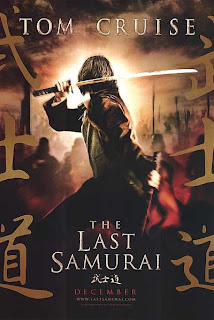
This article can be found here.
December 6, 2009
President Traian Basescu is in familiar territory. It was only five years ago when Basecsu was in a highly contested election which he barely won. The results of this year's election were even closer. While some polls proclaimed Mircea Geoana the victor with 51 percent of the popular vote, but Basascu claims that the results were skewed by the media. As a result, both candidates have publicly proclaimed themselves president. More than an election about the poor economic conditions for this agriculturally based nation, the campaign revolved mostly around the scandals involved with both parties. For one, a video of Basescu was released where he is shown slapping a 10-year-old boy. Once again, the president claimed media manipulation. There still appears to be some stigma attached to Geoana's Socialist Party, as one Basescu supporter decries the alleged victory of a "red". What the video does add to the election outcome is the increased visibility of the aggressive nature of the president. The results will be officially released on Monday, December 7, 2009, and when they do, at least half the voting population will be left in disappointment.






